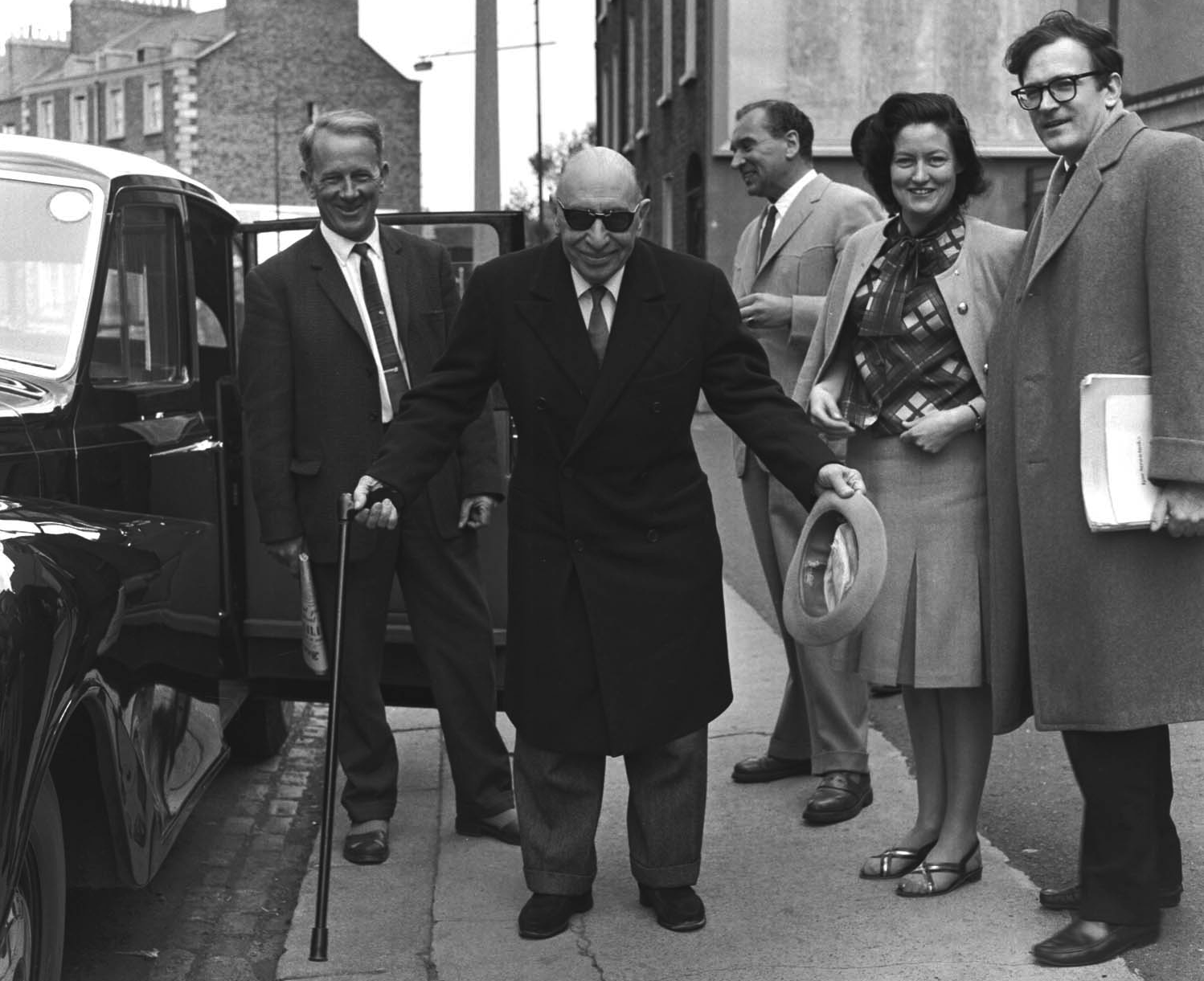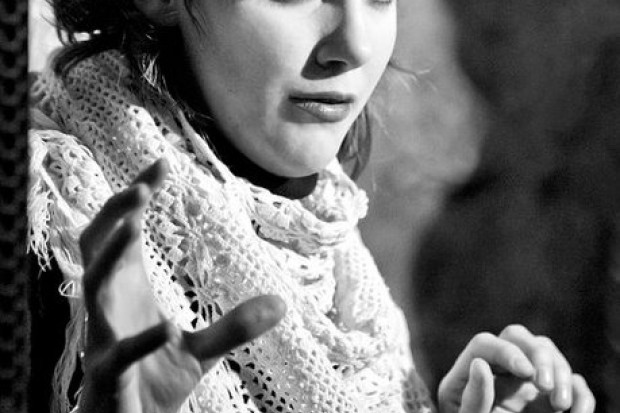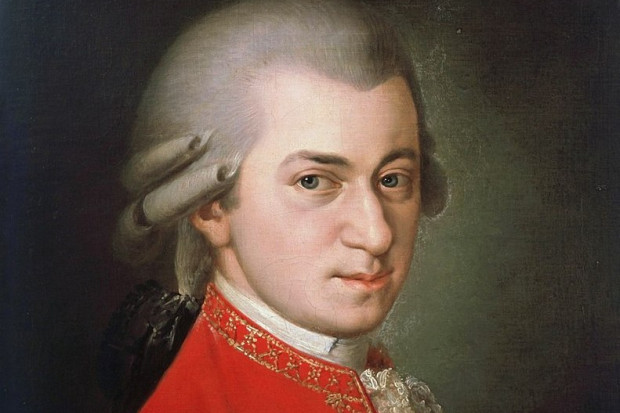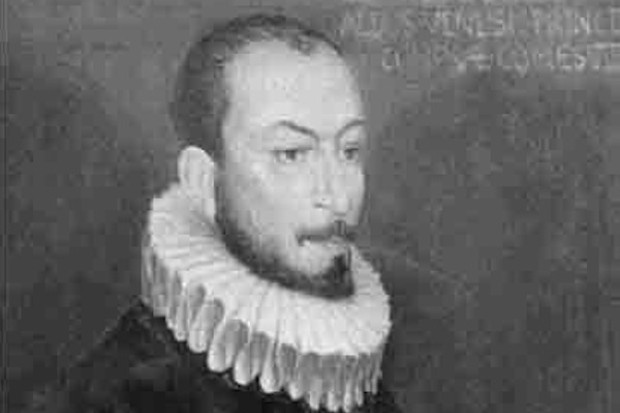
Igor Stravinsky arrives for rehearsals at St Francis Xavier Hall, with (from left to right) RÉ Concert Manager Leo Donnelly, Tibor Paul, Geraldine O’Grady and Robert Craft. Photo: RTÉ Stills Library.
When Stravinsky Came to Dublin in 1963
In advance of RTÉ’s Stravinsky weekend this Friday and Saturday at the National Concert Hall, a reader has sent The Journal of Music a range of newspaper clippings from June 1963 when the composer visited Ireland.
Aged 80 at the time, Stravinsky was in Dublin for a concert of his music at the Adelphi Cinema on Middle Abbey Street in Dublin, part of a festival of music presented by the Radio Éireann Symphony Orchestra.
He arrived in ‘great distress’, he told the Irish Press, due to the illness of Pope John XXIII. Two months previously the Pope had conferred the Russian composer as a Knight of Saint Sylvester. Pope John XXIII died on Monday 3 June, the day after Stravinsky arrived.
A very important country
On the subject of the composer’s visit, he told the Irish Press,
I have come here because I want to see Ireland and show them some music of mine… I have never been to Ireland. Can you imagine – never! When I was living in France in 1920, when events in your country became very historical, I became interested in Ireland and read everything I could find out about it. So I want to see Dublin and Ireland. As we start rehearsing on Wednesday, I have only two days to do so. It is not enough for a very important country.
While in Ireland, Stravinsky and his wife Vera visited President Éamon de Valera at Áras na Uachtaráin, the James Joyce Tower in Sandycove and the monastery of Clonmacnoise in County Offaly. His wife was particularly struck by the latter: ‘the river, and the ruins, so beautiful, so peaceful’, she told the Irish Independent’s Marie O’Reilly on 10 June. The couple at the were time living in West Hollywood, which she described in the interview as ‘lonely’ because many of their friends no longer lived there.
Brian Fallon, in an interview for the Irish Times on 8 June, asked Stravinsky about critics, to which the composer replied:
My eightieth birthday was last year. Many events were arranged, I was invited everywhere, tributes were paid – except in the American newspapers. One of them was so abusive that I sent them a letter telling them: ‘You are one of the most widely-read newspapers in America, and yet you are not ashamed to have as music critic one whose knowledge of music is so low. I regret only that I am eighty years old and I have very little hope of celebrating his funeral.’ They wrote back asking me if they could publish the letter. I told them that it had already been published – in Germany.
Fallon also asked him if he had heard any of Ireland’s traditional music. ‘Not yet’, Stravinsky said, ‘But I have seen your landscape. Magnificent! Green and stones – stones and green.’
The programme for Stravinsky’s concert, performed by the Radio Éireann Symphony Orchestra, RÉ Singers and RÉ Choral Society, and led by Geraldine O’Grady, consisted of his ballet Le baisir de la fée (1928) in the first half and Chorale Variations ‘Vom Himmel hoch da komm’ ich her’ (1935) and Symphony of Psalms (1930) in the second half.
The conductor for the first half was the American Robert Craft, while Stravinsky conducted the second.
Reviews
Mary Mac Goris wrote about the concert for the Irish Independent on 10 June:
On his entrance, the audience rose to applaud. He is stooped and slight and walks with a stick and he was helped on to the rostrum: but in his direction of the music there was no sign of frailty.
For the Irish Times on 10 June, ‘C.A.’ (Charles Acton) wrote about the Symphony of Psalms,
To hear it alive under its creator was a thrilling experience. Thirty-three years old, it still has a more up-to-date impact than so much that is far newer.
His judgement on the first half conducted by Craft was far more critical.
It was clear that he is extremely efficient; very, very clear; that he knows what he wants (and presumably what Stravinsky wants), and can get it. But has he any warmth of heart, and real sensuousness? In short, does he like music?
Nonetheless, Acton concluded: ‘…how grateful to Radio Éireann I am for a historical event not too far away from Mr Handel’s appearance in Fishamble street in 1742!’
On Stravinsky’s departure, the composer said, ‘I will come back to Ireland, if not to make music then to make a holiday.’ He did not return and died on 6 April 1971, aged 88.
RTÉ Stravinsky Weekend
This Friday 5 February at the National Concert Hall, the RTÉ National Symphony Orchestra – the successor of the Radio Éireann Symphony Orchestra – will again perform Stravinsky’s Symphony of Psalms, with the RTÉ Philharmonic Choir. The full concert programme also includes the Octet, Three Pieces for String Quartet – featuring the RTÉ Contempo Quartet – Ragtime and Symphony in Three Movements.
On Saturday, a programme of Les Noces, Dumbarton Oaks, Concertino for String Quartet, Concerto for Piano and Wind Instruments and Pulcinella will be performed by the RTÉ Concert Orchestra with Pierre-André Valade (conductor), Hugh Tinney (piano), Máire Flavin (soprano), Robin Tritschler (tenor), John Molloy (bass), RTÉ Contempo Quartet, Chamber Choir Ireland with Paul Hillier (conductor), and RIAM Ensemble.
For full details on both concerts, visit http://goo.gl/ug3rke
Thank you to John Foyle for sending in the newspaper clippings.
Published on 2 February 2016
Toner Quinn is Editor of the Journal of Music. His new book, What Ireland Can Teach the World About Music, is available here. Toner will be giving a lecture exploring some of the ideas in the book on Saturday 11 May 2024 at 3pm at Farmleigh House in Dublin. For booking, visit https://bit.ly/3x2yCL8.















